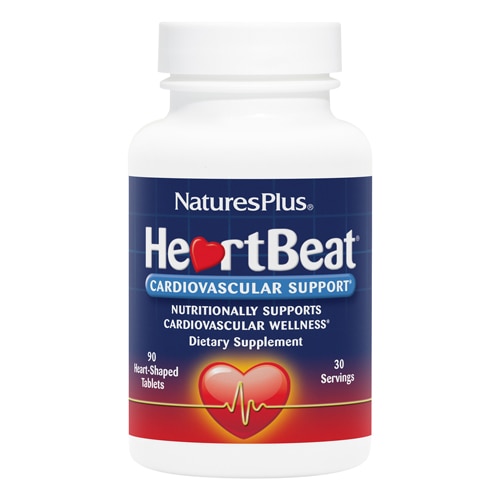Stress is part of modern life. From screaming kids to pressure-packed work environments, many of us spend our days struggling to stay afloat in a sea of tension and anxiety.
All of that worry and anguish is not good for our hearts, says Dr. Prakash Deedwania, a cardiologist and volunteer expert at the American Heart Association.
"Stress can cause a chain reaction in our body that starts with the release of stress hormones," he says.
Catecholamines – which include hormones such as epinephrine (adrenaline) produced by the adrenal glands -- are not harmful when they are released for short periods.
But chronic or repetitive stress can trigger a flood of catecholamines, leading to increased blood pressure and a higher heart rate, Deedwania says.
Excessive levels catecholamines also cause tiny blood cells called platelets to become stickier, which can lead to formation of blood clots.
"Catecholamines can also lead to release of other hormones such as cortisol, etcetera, which also have harmful effects," Deedwania says.
How does stress affect the heart?
Deedwania says many different types of stress can have negative impacts on the heart.
Some day-to-day emotions – such as feelings associated with emotionally upsetting events, constant anxiety, panic disorders, and anger and hostility – invite chronic stress into our lives.
In other cases, we may feel stressed by a single unhappy event, such as falling ill, or experiencing the death of -- or separation from -- a loved one.
“Earthquakes, terror attacks, war and other unstable social environments can also be responsible for unusual and significant stress,” Deedwania says.
All of these events and emotions can trigger stress that leads to a higher risk of heart attacks and other heart issues, Deedwania says.
“During winter months, even excessive physical stress -- such as snow shoveling in cold -- has been associated with risk of heart attacks,” he says.
In addition, people under stress for long periods sometimes try to cope by engaging in behaviors – such as smoking, or drinking alcohol – that have additional negative impacts on the heart.
How to reduce stress
Keeping your heart healthy is an essential part of living a long life. Heart disease is the No. 1 cause of death in America, taking the lives of 1 in 4 Americans.
To combat stress, it’s important to try to tame the emotions and avoid the circumstances that make you feel anxious or angry.
“In general, constant stress such as hostility, angry behavior and type-A personality are considered more harmful,” Deedwania says.
The best methods for reducing stress vary from person to person, Deedwania says. But as a general rule, it’s best to steer clear of situations and interactions that you know will ignite anger or emotional stress. “Avoid confrontational interactions,” he says.
When you feel stressed, take a few slow, deep breaths and allow your body to “unclench.” Going for a walk – even just a short jaunt to the restroom – can help break up tension, Deedwania says.
The American Heart Association recommends many other ways to reduce stress. They include:
- Try meditation or prayer as a means of getting a better perspective
- If emails and social media trigger stress, take time away and respond later, when you have calmed down
- Break down large problems into smaller parts, and address these parts individually rather than trying to tackle the entire issue at once
- If driving stresses you, listen to calming music or inspiring podcasts
- Turn your focus outward by caring for a pet, hugging a loved one or helping someone
- Exercise regularly




